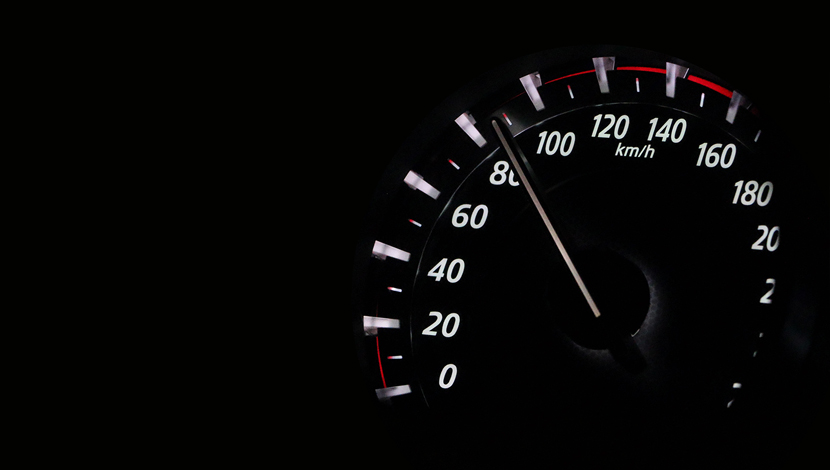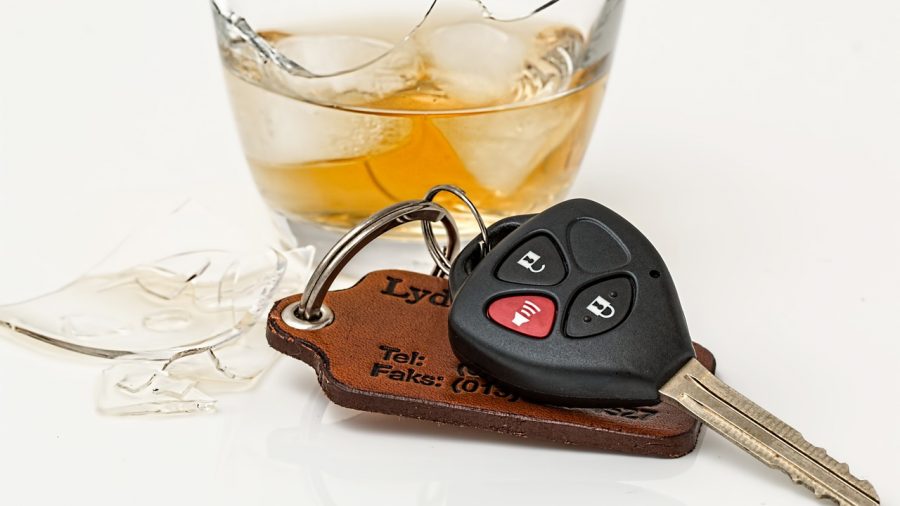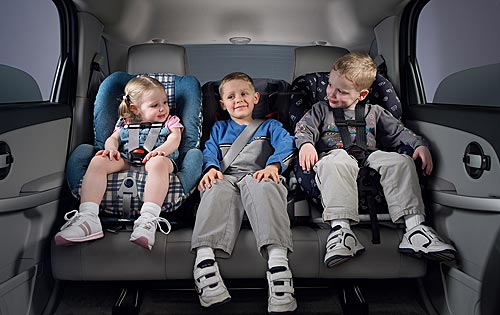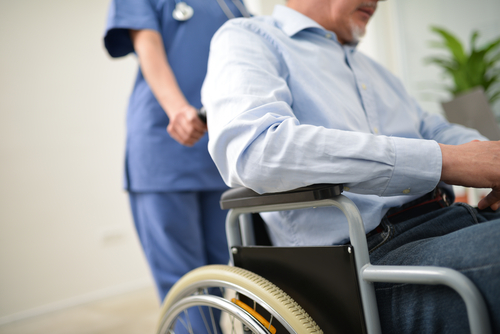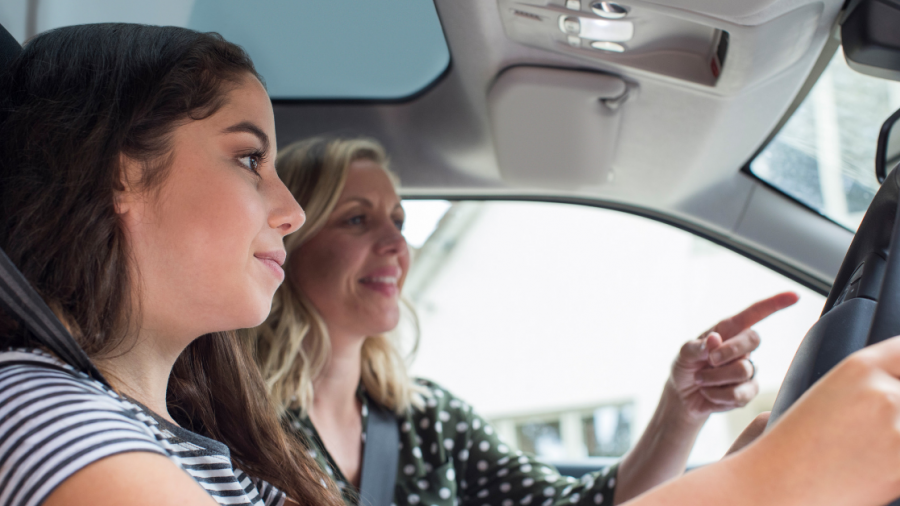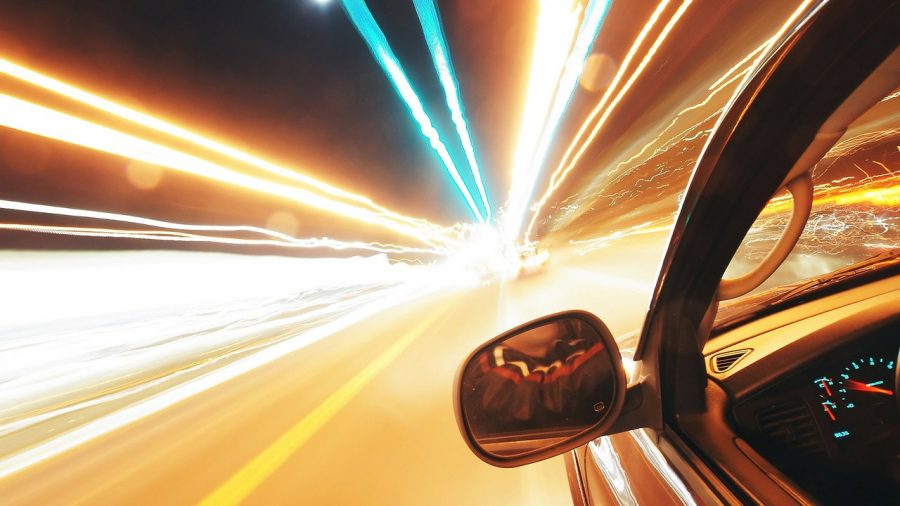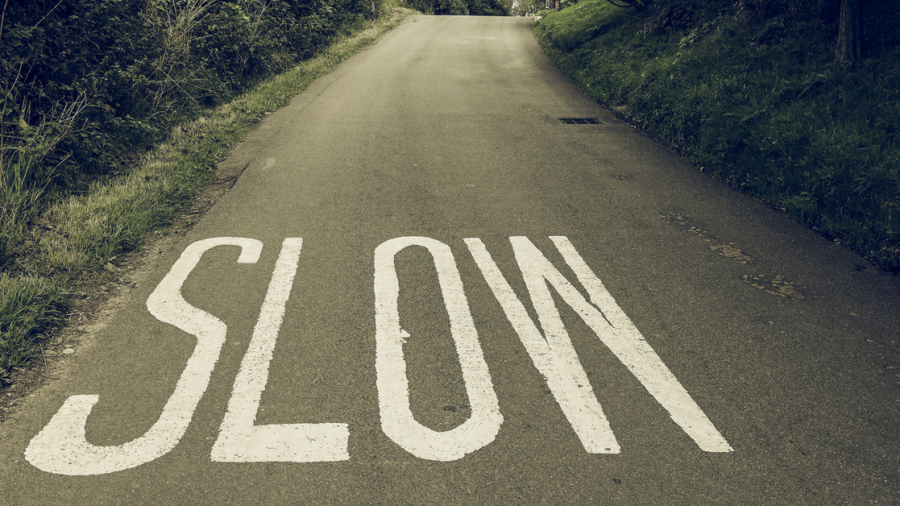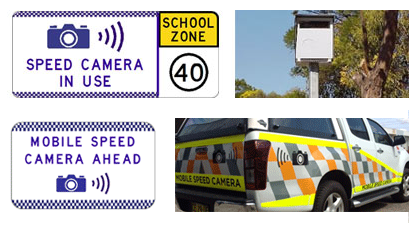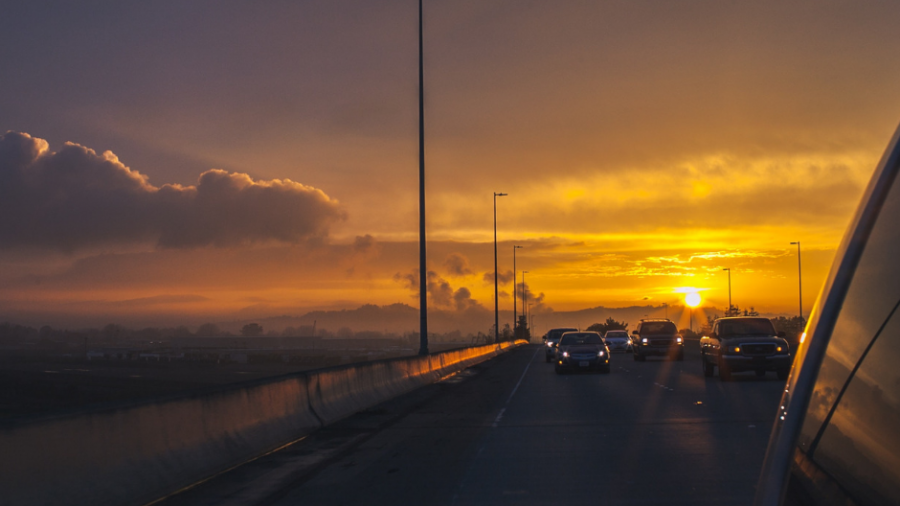Nearly half (45%) of all road deaths in NSW in the year up to August 2020 involved speeding. Did you know some people are more likely to speed than others? It depends on which vehicle they drive, what they do for a living, and whether they are male or female. Read More
